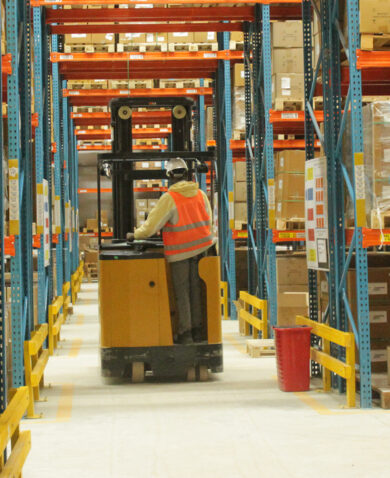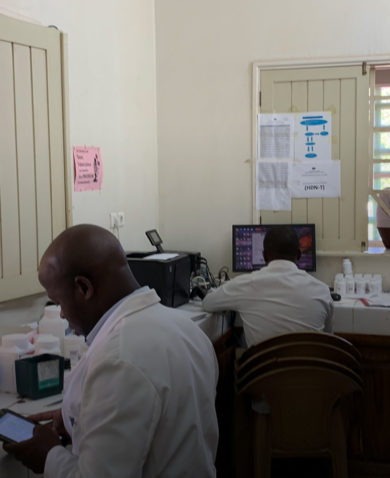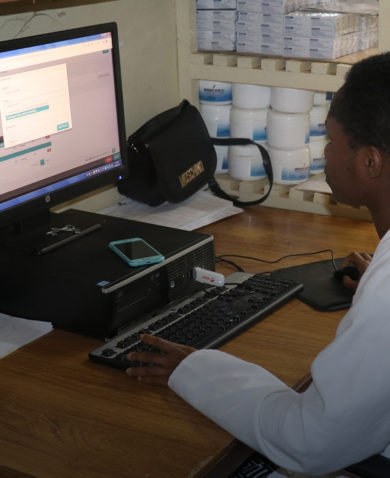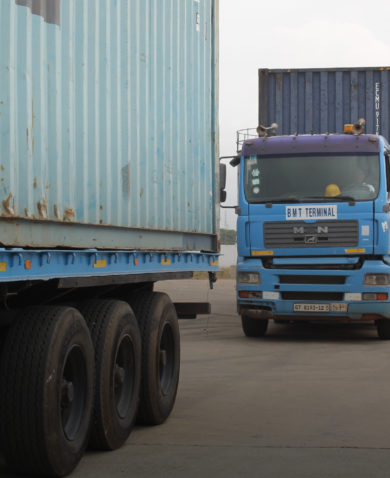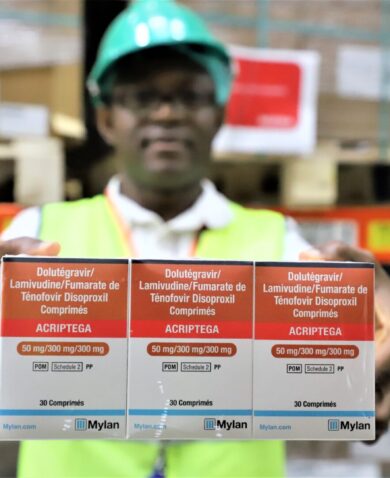
5 Steps to Better Government Supply Chain Technology
July 2, 2019 | < 1 Minute ReadOur LMIS Advisor in Ghana Philip Lule shares key elements that are essential to addressing information systems implementation challenges in developing countries.
Automated information systems are now widely used to manage the data that flows throughout a supply chain, from procuring a commodity, to manufacturing it, and, finally, to distributing it to a consumer. For example, modern retailers like Amazon can track a product from the point of manufacture to the customer’s door.
However, in the developing world, there are a variety of pressures and limitations that affect the adoption and implementation of a more efficient supply chain information solution. When governments do get supply chain management right, the impact on public services are tremendous.
Read the full blog on ICTworks.
Posts on the Chemonics blog represent the views of the authors and do not necessarily represent the views of Chemonics.

